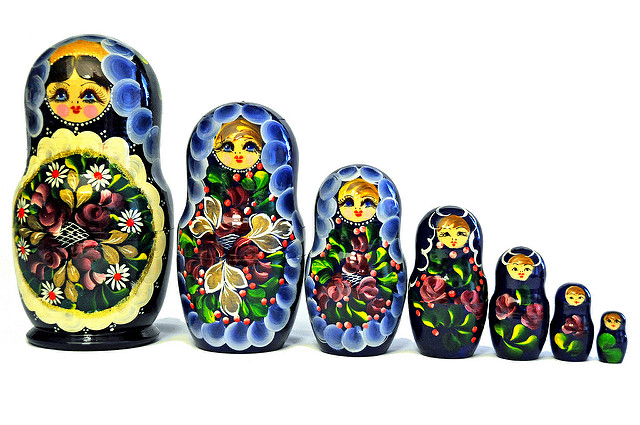
We are many selves. Or rather, like a series of Russian Matryoshka dolls nested one within the other, we perform many selves. But unlike the dolls that are already fashioned, our performance can change, both for the outside world and also for ourselves. Sexuality and gender are performance while they are also integral parts of ourselves, aspects that, today in the cultural worlds we inhabit, we consider lying at the core of our identity. This brings us to the question: Can performance be real? Authentic?
Sneha Krishnan writes about how we perform according to where we find or locate ourselves, how it reinforces normative ideals and also about the disruptive potential of performance. In an interview, Alok Vaid-Menon, a gender non-conforming Indian-American performance artist, talks to us about performance and the delight of failing to uphold norms, why borders, binaries, and boundaries are irrelevant, and how performance is one of the only ways of accessing the real. On the other hand, Shikha Aleya questions performance, propriety and prescription in search of the authentic while Ramya Anand questions heterosexual expectations and Abdullah Hassan Erikat discovers, in a surprising way, that he need not hide his real self. Raili Roy tells us how a dance therapy and skills building project builds confidence and leads to empowerment through performance. Performance might well lead to empowerment as both Vaid-Menon and Roy tell us, but as Asmi writes in the context of BDSM, if not understood in an ethical spirit, it may end up being an empty display of mere actions.
Performance can become stultifying especially if we are performing for others. Read an anonymous review of the Australian Hannah Gadsby’s Nanette a scathing commentary on the comedy scene, where our reviewer finds that even though their contexts are different, she resonates with much of what Gadsby has to say about self-deprecatory humour. Closer home we have our very own irrepressible and definitely not self-deprecating Nidhi Goyal challenging the norms of sexuality, gender and ableism through her stand-up comedy for disability rights.
One of the ways we perform in society is by not hanging out our dirty laundry; Kaviya Ilango, in her Instagram art project, #100DaysofDirtyLaundry, does just the opposite – she hangs it out for all to see. And Harnidh Kaur also has no patience for norms and expectations, as she makes quite clear in her spoken word poetry. These are people who quite bravely and boldly stand up and speak up. Then there are others who are more tentative: watch this short film about mother and son taking baby steps towards accepting each other’s ‘real’ selves.
Bold or tentative, we all perform our many selves.
In our mid-month issue, we continue with the theme of performing our many selves with Rishit Wishit’s insights about transitioning and a fascinating review of Outlander by Dana Burton. We also have two blog articles: one about fashion and feminism, one about disability and the business of what an adult woman ‘should’ look like. We also have a new translation of an older article into Hindi in the Navintam Lekh section.
Happy reading!